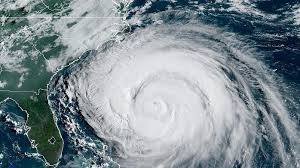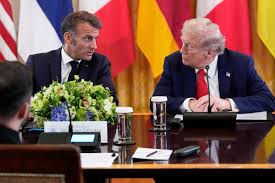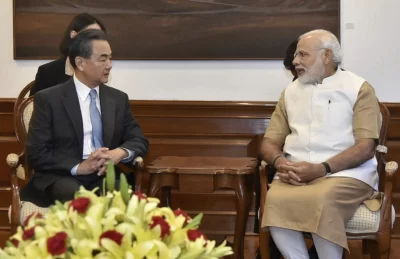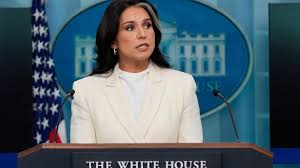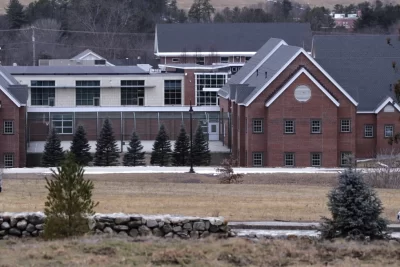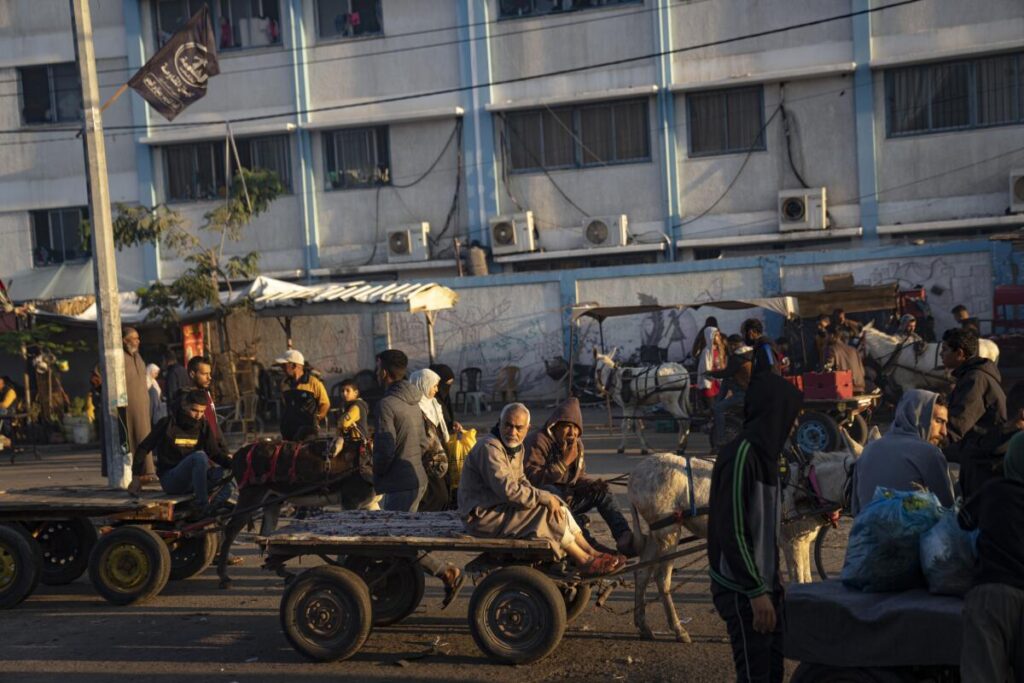
Jordan’s foreign minister offered blistering criticism Saturday of Israel’s war on Hamas in the Gaza Strip, describing it as “blatant aggression” against Palestinian civilians that threatens to engulf the wider Middle East.
Ayman Safadi’s harsh assessment, alleging Israel was committing “war crimes” by besieging the Gaza Strip and cutting off food, medicine and fuel shipments, shows how strained relations have become between Israel and Jordan — which reached a peace deal in 1994.
“All of us have to speak loud and clear about the catastrophe that the Israeli war is bringing, not just on Gaza, but on the region in general,” Safadi told the International Institute for Strategic Studies’ Manama Dialogue summit in Bahrain. “This is not a time for mincing words. This is a time to state facts as they are.”
He added: “This is not self-defense. This is a blatant aggression, the victims of which are innocent Palestinians.”
Israel did not immediately respond to Safadi’s comments, which included a call for an immediate cease-fire and end to the fighting. However, on hand was Brett McGurk, the White House’s National Security Council coordinator for the Middle East, who said that “a release of large number of hostages would result in a significant pause in fighting … and a massive surge of humanitarian relief.”
The European Union’s top diplomat, Josep Borrell, added: “It’s quite understandable that without the freedom of the hostages, nothing can be solved.”
Safadi later offered a sharp retort to that: “Israel is taking 2.3 million Palestinians hostage.”
The war began with Hamas’ unprecedented Oct. 7 attack in southern Israel. Hamas militants killed about 1,200 people, mostly civilians, and abducted some 240 men, women and children, taking them back into the Gaza Strip.
Israel responded with a pounding campaign of airstrikes, then a ground offensive that surrounded Gaza City to the Gaza Strip’s north. More than 11,400 Palestinians have been killed in the war, two-thirds of them women and minors, according to Palestinian health authorities. Another 2,700 have been reported missing, believed buried under rubble. The count does not differentiate between civilians and militants, and Israel says it has killed thousands of militants.
The annual Manama Dialogue in Bahrain typically focuses on Gulf Arab nations’ fears about Iran in the region, something Borrell even joked about during his remarks. This year, however, the Israel-Hamas war has taken center stage, in part as Bahrain and the United Arab Emirates reached diplomatic recognition deals with Israel in 2020.
Friday night, Bahrain’s Crown Prince Salman bin Hamad Al Khalifa opened the summit with a call for a swap between Hamas and Israel for the hostages and a halt in the bloodshed.
“You want to call it a cease-fire. You want to call it a pause. You can call it whatever you want,” the prince said. “The intention is a break so people can take stock. People can bury their dead. People can finally start to grieve. And maybe people can start to ask themselves about the intelligence failure that led to this crisis in the first place.”
Speaking before the summit Saturday, Safadi described the Israeli government now led by Prime Minister Benjamin Netanyahu, the hardest-right coalition ever to govern the country, as apparently aiming to dislodge Palestinians from the Gaza Strip. He said that “will be a direct threat to our national security” in Jordan and Egypt.
“They all for years have been saying the only way to move forward is to kick the Palestinians out of their ancestral land and wipe the Palestinians out of the face of the Earth,” Safadi said.
After the war, Safadi said Arab countries also would not “come and clean the mess after Israel.”
“Let me be very clear. I know speaking on behalf of Jordan but having discussed this issue with many, with almost all our brethren, there’ll be no Arab troops going to Gaza. None. We’re not going to be seen as the enemy,” he said. “How could anybody talk about the future of Gaza when we do not know what kind of Gaza will be left once this aggression ends?”
Safadi insisted the only way forward would be a two-state solution for the Israelis and Palestinians, even though the peace process has been moribund for years.
McGurk also offered what he described as “five no’s” for the war: “No forced displacement, no reoccupation, no reduction in territory, no threats to Israel, no besiegement.”
Meanwhile, efforts for Israel to reach new diplomatic recognition deals with Arab nations — particularly Saudi Arabia — appear frozen.
“We’ve been saying that the fallacy of assuming that you can parachute over the Palestinian issue to create regional peace is wrong,” he said. “It will only bring disaster. And here we are. Show me who’s talking about any regional project at this war, at this point, who’s talking about integration? It’s all about war.”
McGurk, however, insisted that the Palestinians had a crucial place in any possible diplomatic deal between Israel and Saudi Arabia.
“In this case, what was true before Oct. 7 is even truer now,” he said. “That central issue must be addressed. And as Hamas is degraded, we are determined to help address it.”

